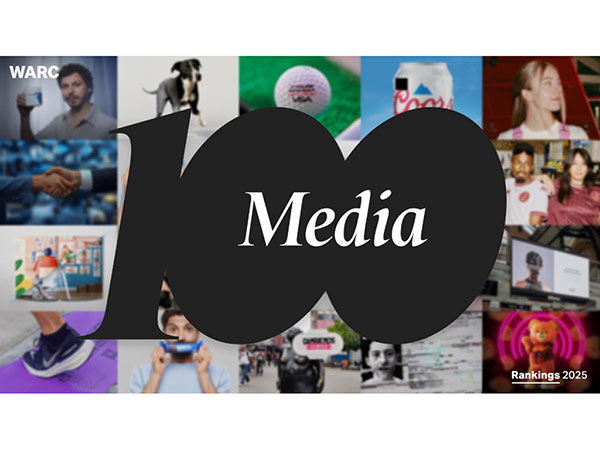News - Advertising
The last acceptable ‘ism’?
by Iain Akerman
June 20, 2017

Look around your office. How many people do you see over the age of 35? 40? Not many? That’s because there’s a sell-by date for advertising executives.
A study by the Institute of Practitioners in Advertising in the UK last year found that the average age of employees in the advertising industry was 33.7, while a study by media agency MEC reported that 80 per cent of respondents thought the industry ageist. While there’s no available data for the Middle East, advertising is a young person’s game and to many it’s an issue that needs addressing.
“It’s only an issue if it discriminates against talent,” says Mark Fiddes, executive creative director at Havas Dubai. “And it’s not hard to identify many experienced practitioners with plenty more to offer an ailing industry who have been sidelined. It’s also not hard to see striking examples of inexperienced management teams spinning agencies into free-fall.

“It is bizarre that advertising might be the only area of creative endeavour where experience can count against you.”—Marc Fiddes
“In employment terms, youth is cheaper than experience. Margins in the business are now so squeezed, it’s more effective to have a bench of lower-cost ‘content makers’ working all hours than difficult older people who will ask the awkward questions that years of campaigning may inspire – the very questions that produce insightful, powerful work. The economics mean that short-term costs will indeed be controlled but at the expense of long-term success both for agencies and brands. Why else are brands hopping between agencies with such frequency and working solely on a project basis?”
There are associated issues. Ageism persists in the campaigns created by agencies obsessed with youth, while age and experience are arguably being wasted.
“Is experience measured by the number of years or by the value of exposure and knowledge?” asks Mounir Harfouche, chief executive at MullenLowe MENA.

“In some cases, a junior talent has much more to give than an experienced one, for one third of the cost and triple the value.”—Mounir Harfouche
“A 20-year-old who built a start-up from his laptop and ended up becoming an empire in less than two years has probably more valuable experience than a 50-year-old man. Today’s new generation has so much to offer. In some cases, a junior talent has much more to give than an experienced one, for one third of the cost and triple the value.
“Advertising is about talent and talent has no age,” adds Harfouche. “Advertising is about being ahead of the world, and God knows how fast the world is evolving every day. So if ageism dilutes your skills and makes your pace slower, then you’d better start looking for another job.”
Is advertising a young person’s game?
“Yes, and nothing wrong with that,” says Fiddes. “Younger people provide an impetus and energy that industry needs and has always needed. Perhaps the most important quality younger folk bring is curiosity. Particularly on the creative side, if you lose your sense of curiosity about people and things, you may as well give up. Curiosity is the wellspring of innovation at any age. I’ve seen so many creatives who have won some big awards, got their creative directorships, grown their Victorian beards and then the vanity and arrogance kicks in and they just stop looking… I mean proper ‘seeing’ in the John Berger sense. If there is an elixir of youth in advertising, it is curiosity. Whether it’s about how oranges are squeezed, or dishes are washed or why someone wants to dye their hair, always be inquisitive.
“It is bizarre, though, that advertising might be the only area of creative endeavour where experience can count against you. This rarely happens to novelists, artists, composers or poets. Look at Beethoven’s Late Quartets. Hundreds of years ahead of his time. Same with Eliot, Kiefer and Burgess. Perhaps this is because they became ‘brands’ in their own right. Advertising creatives are usually human resources ‘owned’ and valorised by a holding company.”






.jpg)






